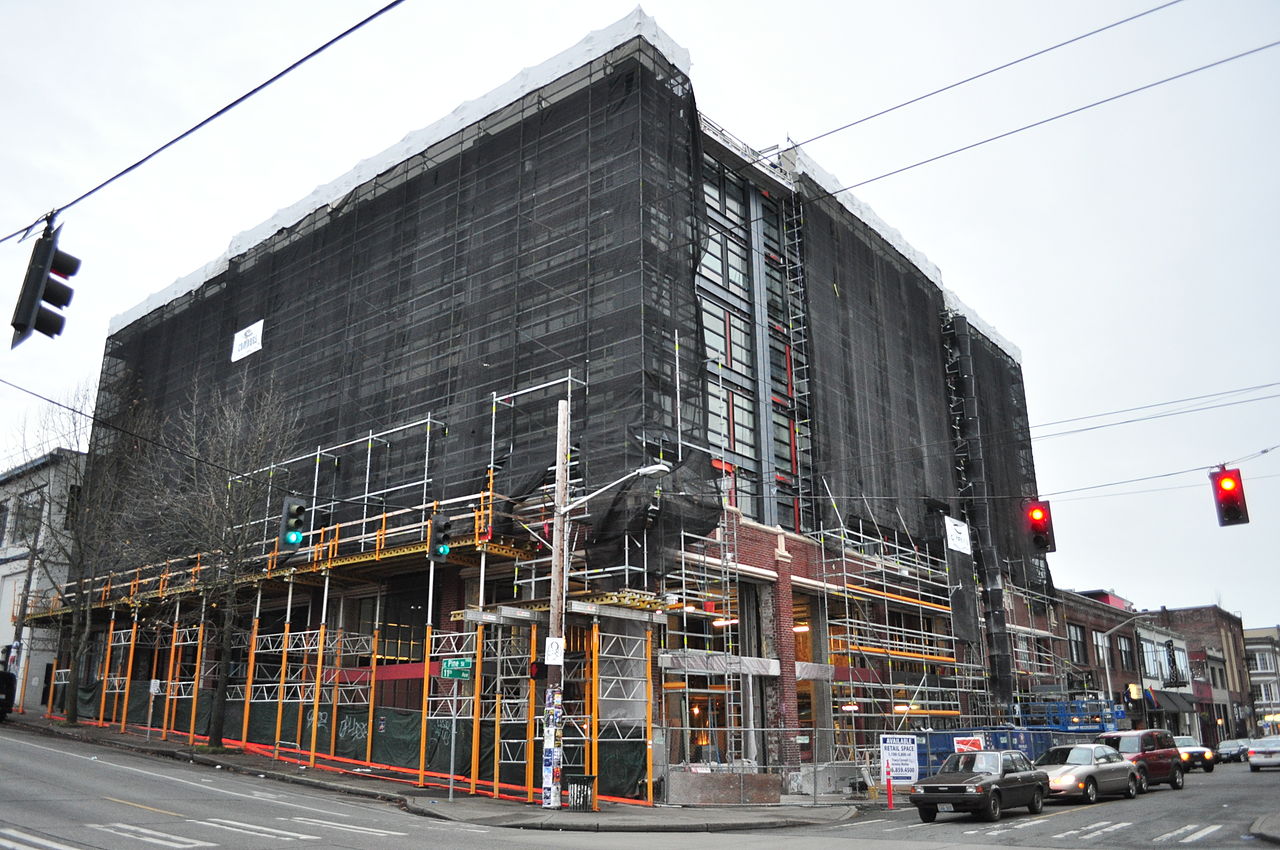On Monday, the Seattle City Council passed a resolution 7-2 backing the future implementation of what are known as “linkage fees.” Basically, linkage fees are a per-square-foot charge to be imposed on developers building new commercial and residential buildings in Seattle, varying depending on the average rent of the neighborhood (in the ballpark of $5 to $22). The city would then spend the fee money on affordable housing for folks who don’t make six figures at Amazon. Championed by Councilmember Mike O’Brien, the idea is to make fat-cat developers pay for some of the cost of addressing the city’s growing lack of affordable housing.
Of course, the plan has its critics. Most developers hate it (natch), and Roger Valdez, director of Smart Growth Seattle, says the plan is illegal and will drive up prices for everyone. Will Monday’s council vote matter? Here are two reasons it will, and one big reason it won’t.
Big money Currently the City of Seattle generates money for affordable housing using what’s known as an “incentive zoning” policy, where developers pay into an affordable-housing fund when they do things like exceed height limits in specific areas of the city—South Lake Union, for example. O’Brien’s staff estimates that adopting a linkage-fee system will generate five to 10 times more money for affordable housing over the next two decades. Conversely, if developers want to avoid the linkage fee, they can set aside a small percentage of their building for low-income renters.
Big need According to estimates, Seattle needs to add at least 28,000 affordable housing units. As Councilmember Sally Bagshaw noted after Monday’s vote, Seattle can expect 100,000 new residents in the next decade. Proving that the issue is anything but simple, however, Bagshaw cast one of the two No votes (along with Tom Rasmussen), angling for a more comprehensive plan that uses “all available tools.” “We must consider all serious options, such as inclusionary zoning requirements, expanding the Multi-Family Tax Exemption, and focus more on performance than fees,” Bagshaw argues.
Big deal One reason Monday’s vote definitely will not matter is that it actually didn’t do anything . . . other than direct the city’s Office of Housing and Department of Planning and Development to develop linkage-fee legislation for the council to vote on eight months from now. It was a resolution, not an ordinance—meaning nothing is final. This provides hope for folks like Valdez, who opined after Monday’s vote: “The good news is that at least two council members not only raised doubts, but finally voted No on legislation that will, as we’ve pointed out again and again, make things worse.”
mdriscoll@seattleweekly.com
Art Credit: Money designed by Luis Prado, Family designed by Jens Tarning, and Shrug designed by Diana Chaytor from The Noun Project








